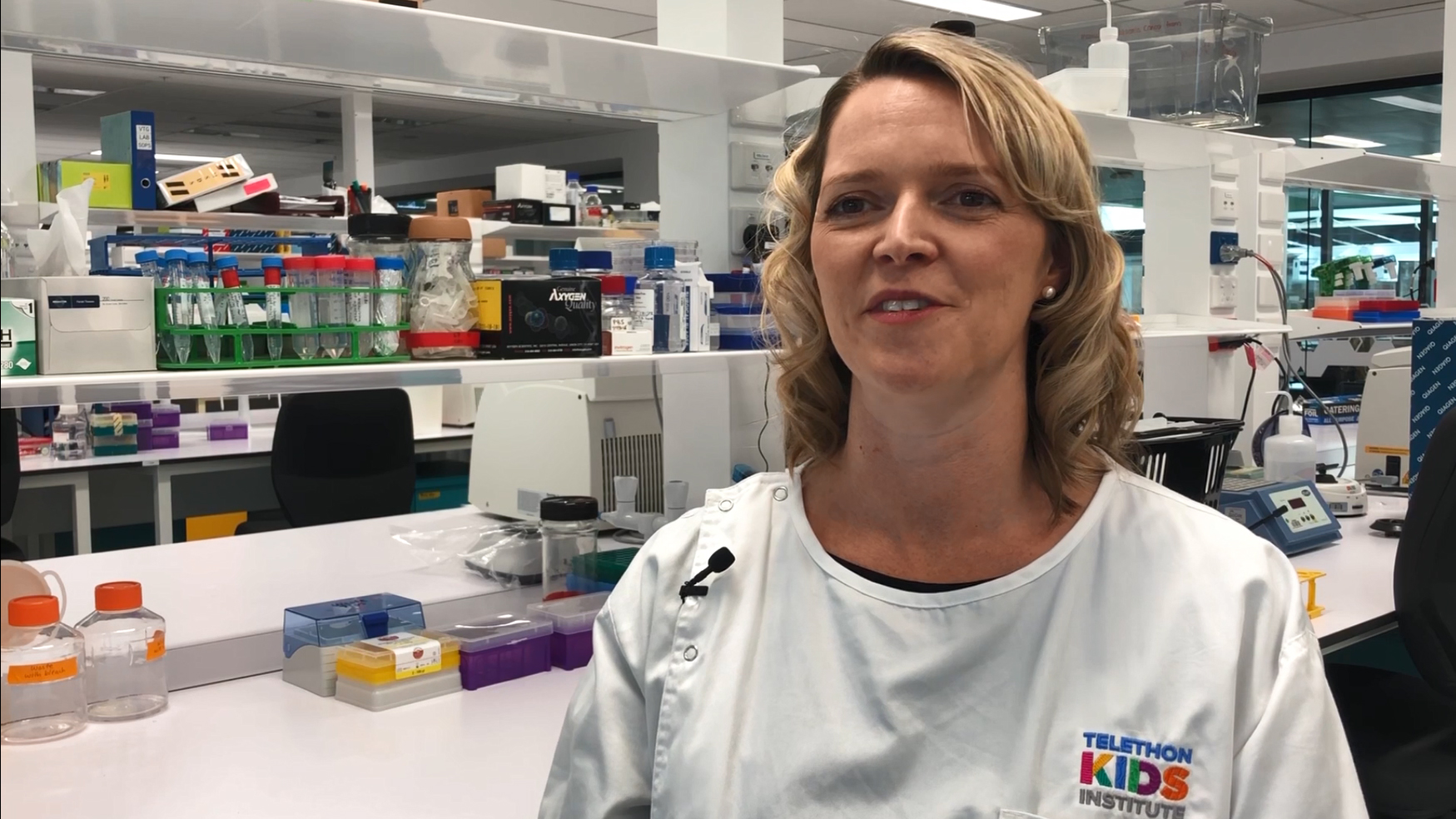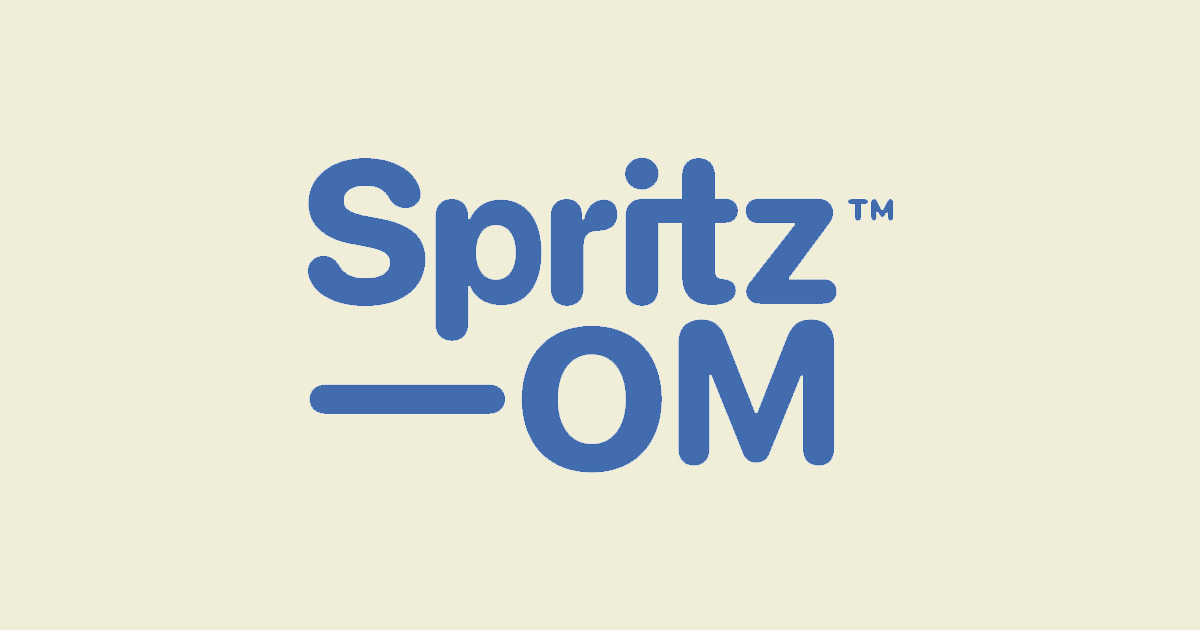Search
Showing results for "clinical trials"
Research
Clinical predictors of hypoxic pneumonia in children from the Eastern Highlands Province, Papua New Guinea: secondary analysis of two prospective observational studiesPneumonia is the leading cause of death in young children globally and is prevalent in the Papua New Guinea highlands. We investigated clinical predictors of hypoxic pneumonia to inform local treatment guidelines in this resource-limited setting.

News & Events
Nasal spray to prevent ear infections closer to fruition thanks to major grantA nasal spray that could potentially prevent childhood ear infections and reduce antibiotic use is a step closer to clinical trials thanks to a $500,000 CUREator grant.
Research
Healthy skin for children and young people with skin of colour starts with clinician knowledge and recognitionSkin conditions most frequently encountered in paediatric practice include infections, infestations, atopic dermatitis, and acne. Skin of colour refers to skin with increased melanin and darker pigmentation, and reflects global racial and ethnic diversity.
Research
Cellulitis in children: A retrospective single centre study from AustraliaTo characterise the epidemiology, clinical features and treatment of paediatric cellulitis. Methods A retrospective study of children presenting to a paediatric tertiary hospital in Western Australia, Australia in 2018.
Research
Numerical simulation of aerosolised medicine delivery through tracheostomy airwaysThe administration of inhaled antibiotics to patients with upper or lower respiratory infections is sometimes conducted via a tracheostomy airway. However, precise dosing via this route remains uncertain, especially in spontaneously breathing paediatric patients.
Research
Airway management in neonates and infants: Recommendations according to the ESAIC/BJA guidelinesSecuring an airway enables the oxygenation and ventilation of the lungs and is a potentially life-saving medical procedure. Adverse and critical events are common during airway management, particularly in neonates and infants. The multifactorial reasons for this include patient-dependent, user-dependent and also external factors.
Research
The effect of oxytocin nasal spray on social interaction in young children with autism: a randomized clinical trialEarly supports to enhance social development in children with autism are widely promoted. While oxytocin has a crucial role in mammalian social development, its potential role as a medication to enhance social development in humans remains unclear.
Research
Paediatrician beliefs and practices around influenza vaccinationWe aimed to determine Australian paediatricians' beliefs and practices around the influenza vaccination of children.

Preventing over half of the world’s ear infections with a therapy such as Spritz-OM will significantly improve health and educational outcomes on a global scale.
Research
Estimating the impact of Western Australia's first respiratory syncytial virus immunisation program for all infants: A mathematical modelling studyThe Australian Therapeutic Goods Administration approved the use of nirsevimab, a long-acting monoclonal antibody for the prevention of Respiratory Syncytial Virus (RSV), in November 2023. Western Australia (WA) implemented a combination of nirsevimab administration strategies designed to protect all infants starting in April 2024, before the epidemic season. We developed a dynamic transmission model to predict the impact of WA's RSV immunisation program on infant hospitalisations.
